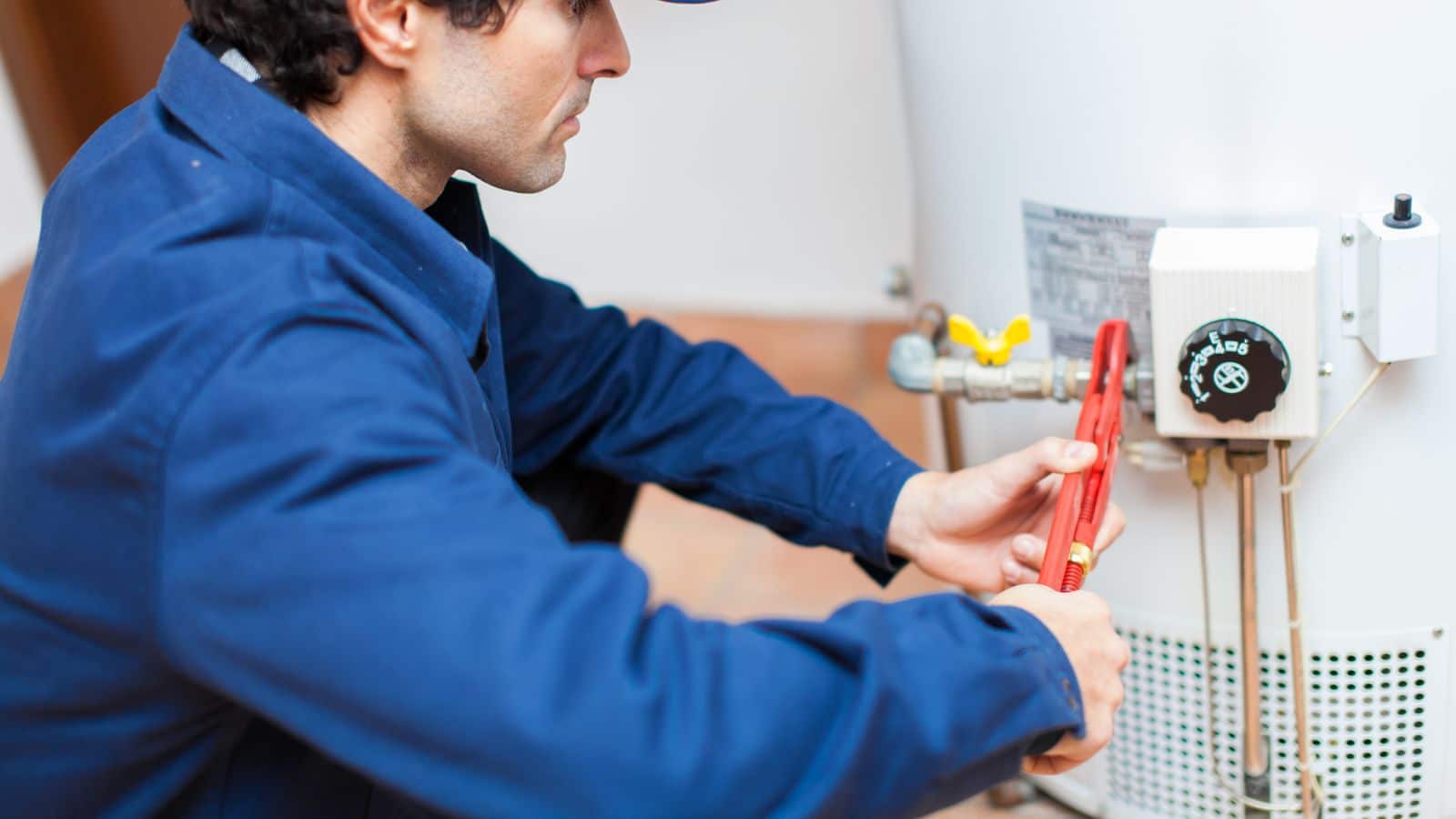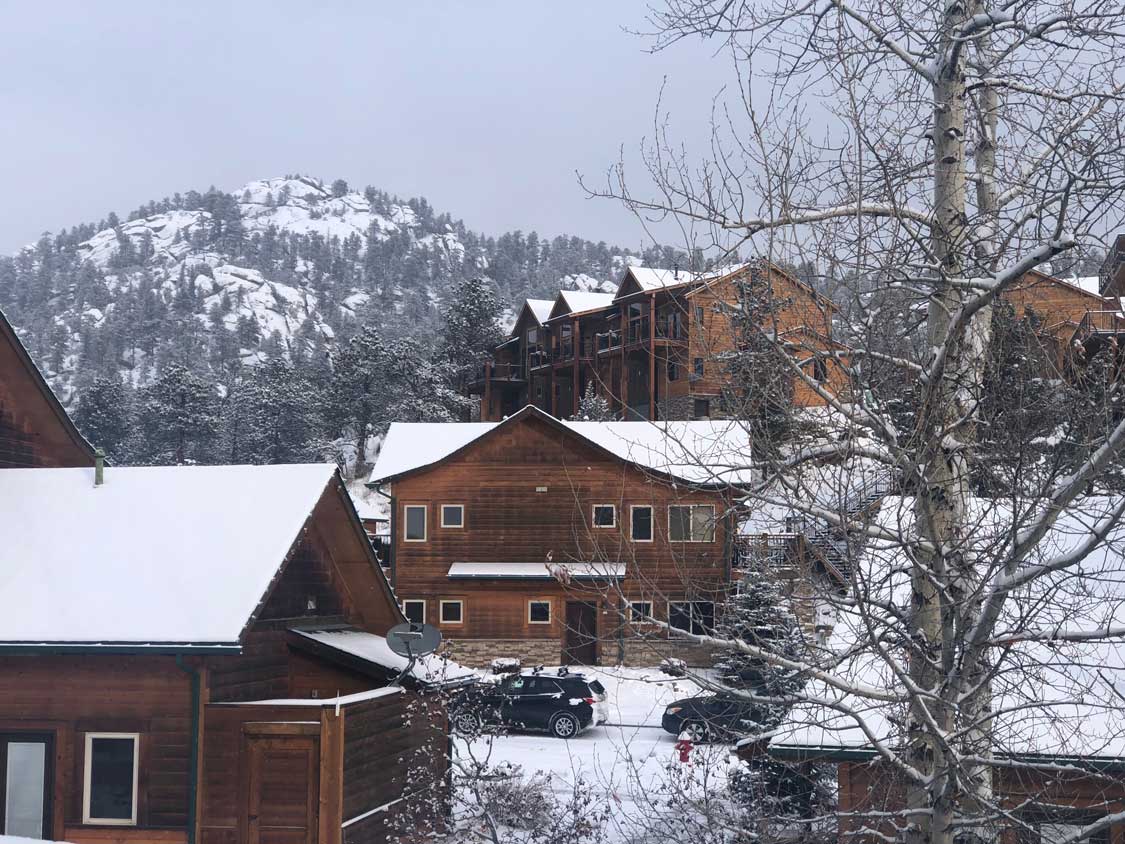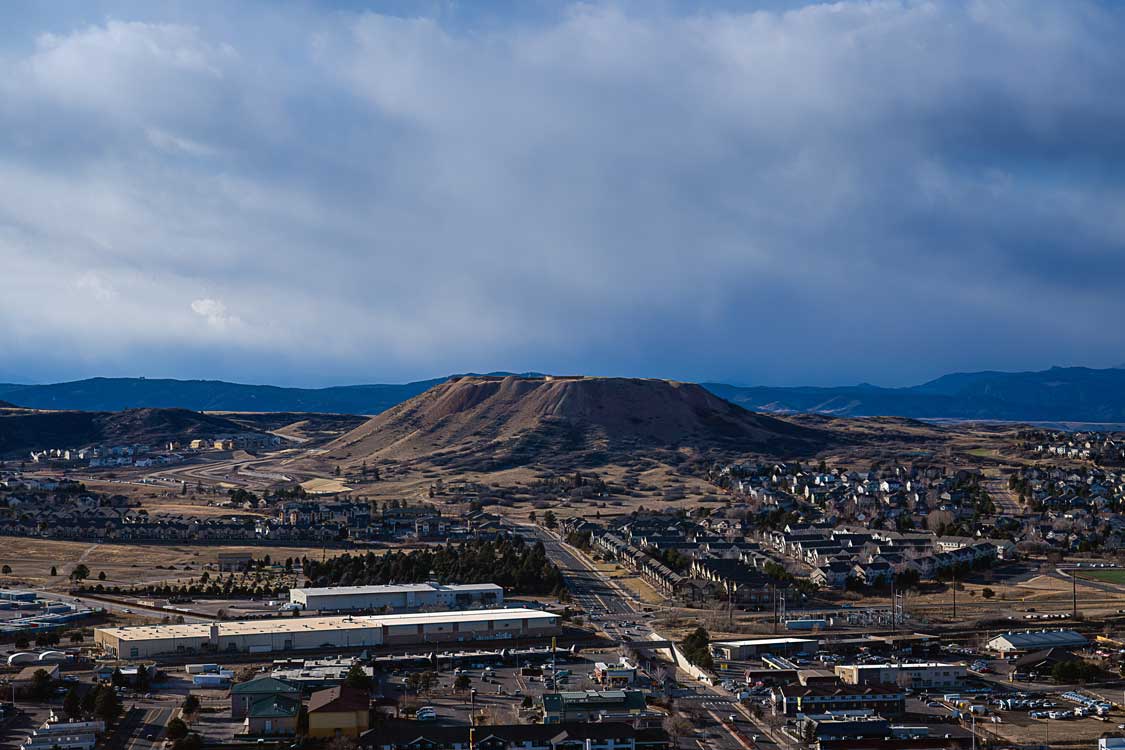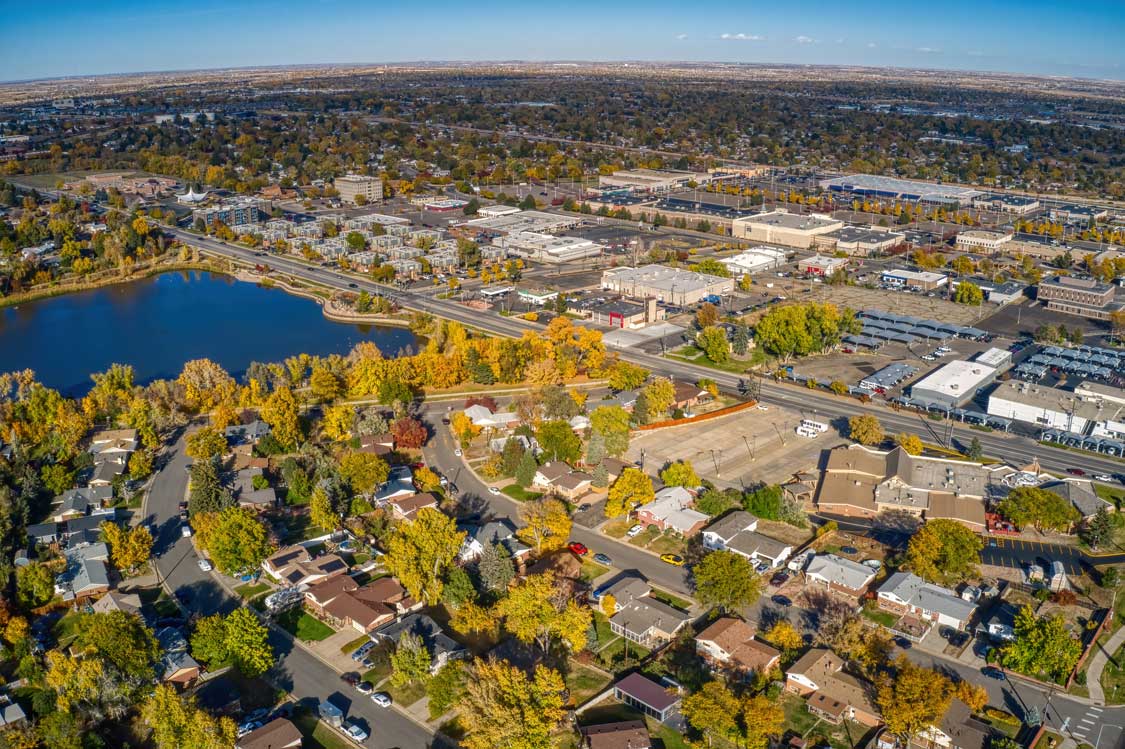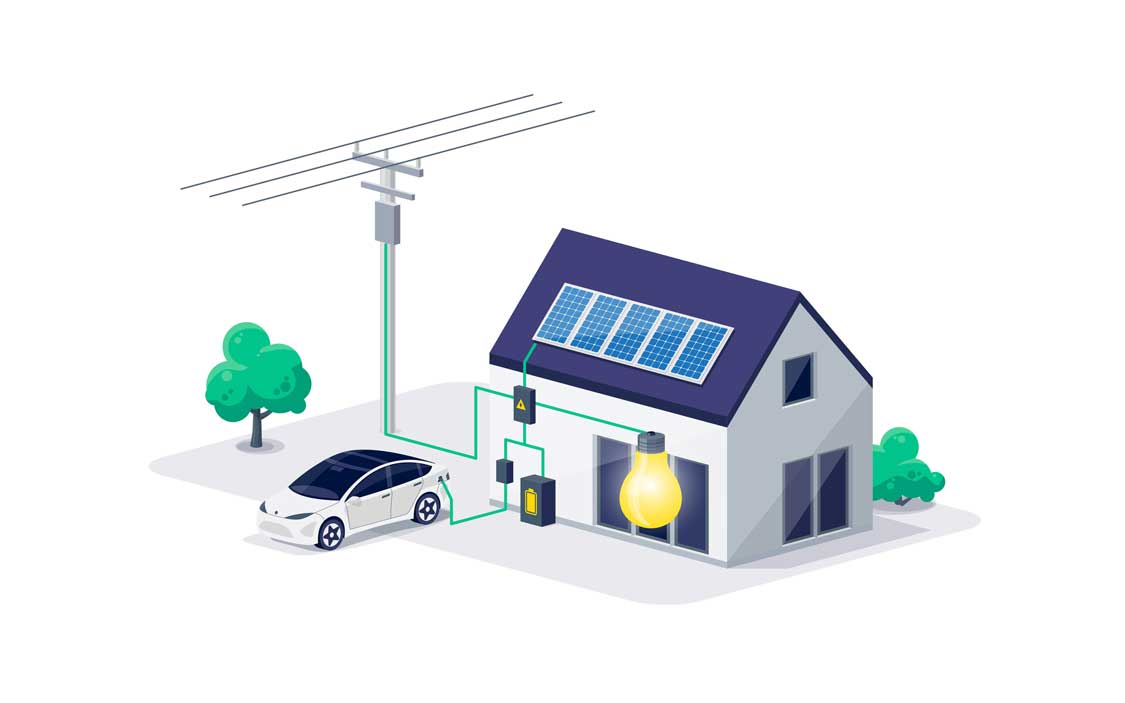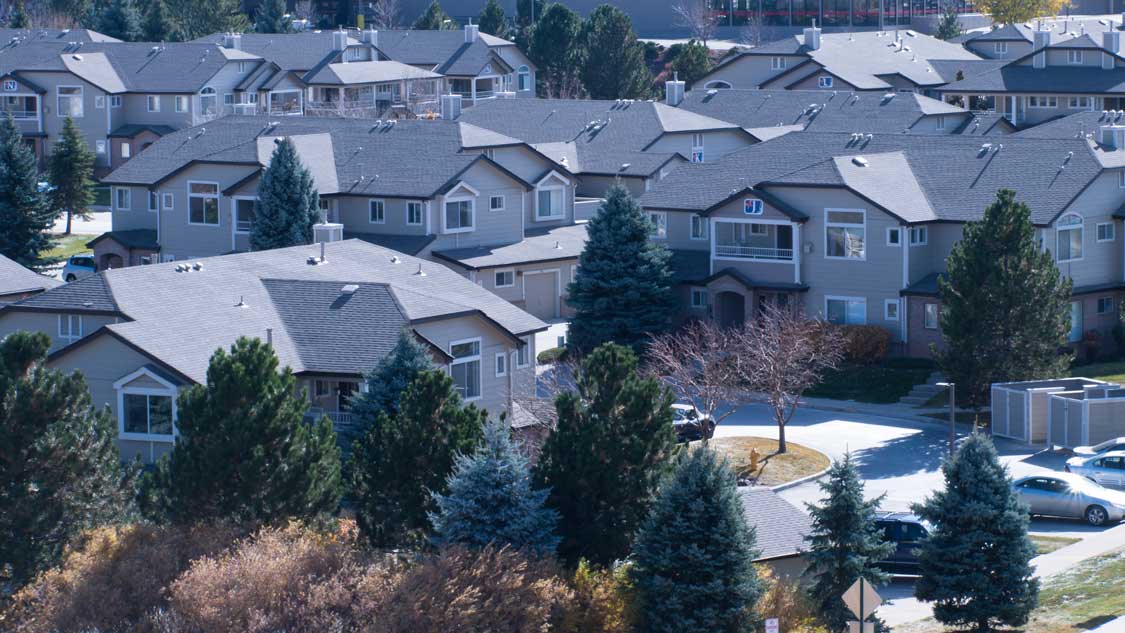A failing water heater isn’t just an inconvenience—it can lead to expensive repairs and water damage if ignored. Catching problems early makes it easier to avoid sudden breakdowns and costly emergencies. Whether the unit needs a small fix or a full water heater replacement, recognizing the warning signs can help prevent a disaster.
Understanding the Lifespan of Your Water Heater
Water heaters don’t last forever, but good maintenance can help them run longer and reduce the chances of an unexpected failure.
- Average Lifespan: Traditional tank water heaters usually last 8 to 12 years, while tankless models can run for up to 20 years with proper upkeep.
- What Shortens Lifespan: Hard water, sediment buildup, and skipping routine flushing can wear out a unit faster. Small issues that go unaddressed often turn into bigger, more expensive problems.
When a water heater reaches the end of its expected lifespan, paying attention to warning signs and planning for a replacement can help avoid sudden cold showers and water damage.
7 Signs Your Water Heater May Be Failing
Most water heaters don’t stop working without signs of trouble. Noticing small changes early on can prevent expensive repairs or full system failure.
1. Age Over 10 Years
Water heaters over 10 years old are more likely to develop corrosion, leaks, and efficiency problems. Even if everything seems fine on the surface, internal rust and wear could be building up.
Checking the manufacturing date on the unit’s label is a quick way to find out its age. Once a water heater reaches the 10-year mark, planning for a replacement can prevent an unexpected failure.
2. Inconsistent or Insufficient Hot Water
Water that runs out too quickly, fluctuates in temperature, or never gets hot enough could indicate a problem.
- Fluctuating Temperatures: A faulty heating element or thermostat may cause sudden shifts between hot and cold water.
- Not Enough Hot Water: Sediment buildup at the bottom of the tank takes up space, reducing the amount of hot water available for daily use.
If adjusting the thermostat doesn’t fix the issue, a professional inspection can help determine whether a repair or replacement is the better option.
3. Strange Noises Coming from the Tank
A properly functioning water heater runs quietly. Popping, rumbling, or banging noises usually mean something is wrong inside the tank.
- Popping or Rumbling Sounds: Hard water minerals settle at the bottom of the tank over time, forming sediment buildup. Water trapped beneath the sediment heats up and creates loud popping or rumbling noises.
- Why It Matters: Extra sediment makes the water heater work harder, reducing efficiency and increasing energy costs. Left unchecked, this strain can lead to overheating, tank damage, or failure.
Ignoring unusual noises can shorten the unit’s lifespan and lead to a total breakdown.
4. Discolored or Rusty Water
Changes in water color or smell shouldn’t be ignored. Rusty, murky, or metallic-smelling water often points to corrosion inside the tank.
- Rusty Water: If only the hot water looks rusty, the anode rod inside the water heater has likely deteriorated, allowing rust to develop inside the tank.
- Cloudy Water with a Metallic Smell: Mineral deposits breaking loose inside the tank can cause cloudy, odd-smelling hot water.
If rust-colored water comes from both the hot and cold taps, the issue could be old plumbing pipes rather than the water heater itself. A plumber can help pinpoint the problem and recommend a solution.
5. Leaks and Moisture Around the Unit
Water around the base of a water heater is never a good sign. Even a small drip could mean internal corrosion or cracks in the tank.
- Visible Leakage: Puddles, damp spots, or water pooling near the unit suggest a failing tank.
- What Causes Leaks: Pressure buildup, rust, or loose connections can lead to water seepage, which may cause **floor damage, mold growth, or **electrical hazards.
A leaking water heater often needs an immediate replacement before a full failure floods the home.
6. Decreased Water Pressure
A sudden drop in hot water pressure could be caused by sediment buildup, scale deposits, or corrosion inside the tank or pipes. Over time, mineral deposits narrow the pathways, making it harder for hot water to flow freely.
If hot water pressure is noticeably weaker than cold water pressure, a plumber can check for blockages and determine whether the system needs flushing, repairs, or a full replacement.
7. Frequent Repairs Needed
A water heater that keeps breaking down may not be worth fixing. If multiple components—such as the thermostat, heating elements, or pressure relief valve—have already been replaced, getting a new, energy-efficient unit might be the smarter choice.
A simple rule of thumb: If repair costs add up to half the price of a new water heater, replacing the unit is usually the better long-term investment.
When to Repair vs. Replace Your Water Heater
Not every issue means the water heater needs to be replaced. Knowing when a repair will do the trick and when a full replacement makes more sense can help homeowners make the right call.
- Repair Might Be Enough If:
- The unit is less than 10 years old.
- The problem is minor, like a faulty thermostat or heating element.
- There are no visible leaks or severe corrosion inside the tank.
- Replacement Is the Better Option If:
- The unit is over 10 years old and showing signs of wear.
- The tank has corrosion, leaks, or cracks.
- Repairs are becoming frequent and expensive, making a new unit the more cost-effective choice.
The Importance of Professional Maintenance
Regular water heater maintenance helps water heaters last longer and prevents surprise breakdowns.
- Preventative Care: Flushing the tank once a year clears out sediment, improving efficiency and preventing overheating. Checking the anode rod and pressure relief valve ensures everything runs safely.
- Added Protection: A professional technician can install expansion tanks, emergency shut-off valves, and leak detection systems to catch problems early and avoid expensive repairs.
How Done! Can Help
Done! Plumbing, Heating, Cooling & Electric provides expert water heater repair, replacement, and maintenance services to keep hot water running reliably.
- Expert Inspections and Maintenance: Our team spots early warning signs of failure and performs preventative maintenance to help water heaters last longer.
- Professional Repairs and Replacements: Whether fixing a faulty thermostat or installing a high-efficiency water heater, our licensed technicians make sure the job is done right.
- 24/7 Emergency Service: Hot water problems don’t wait. Our team is available day and night for urgent repairs.
Don’t wait for a small issue to turn into a major problem. Call Done! Plumbing, Heating, Cooling & Electric today or schedule an appointment online to keep your water heater running safely and efficiently.

